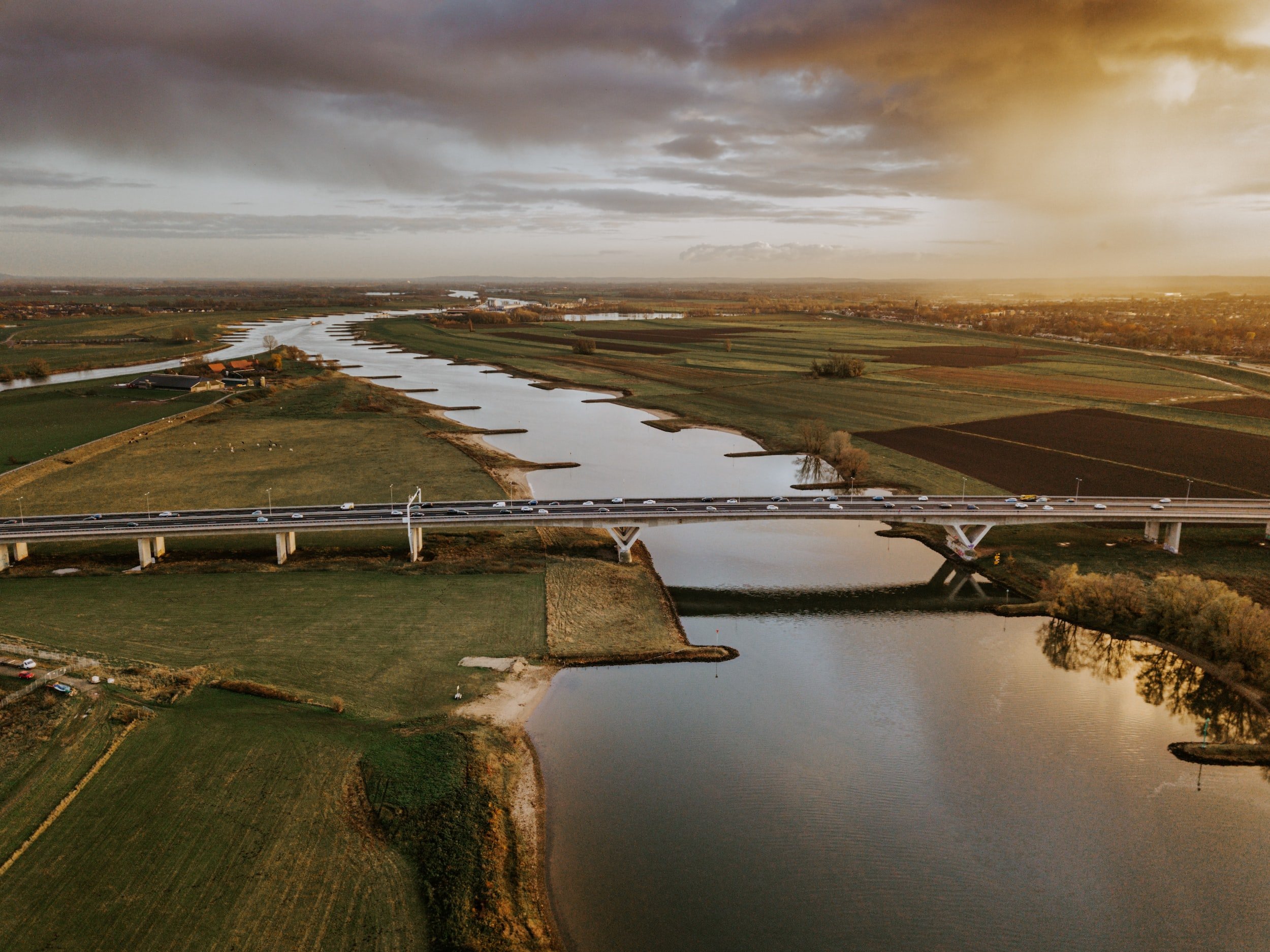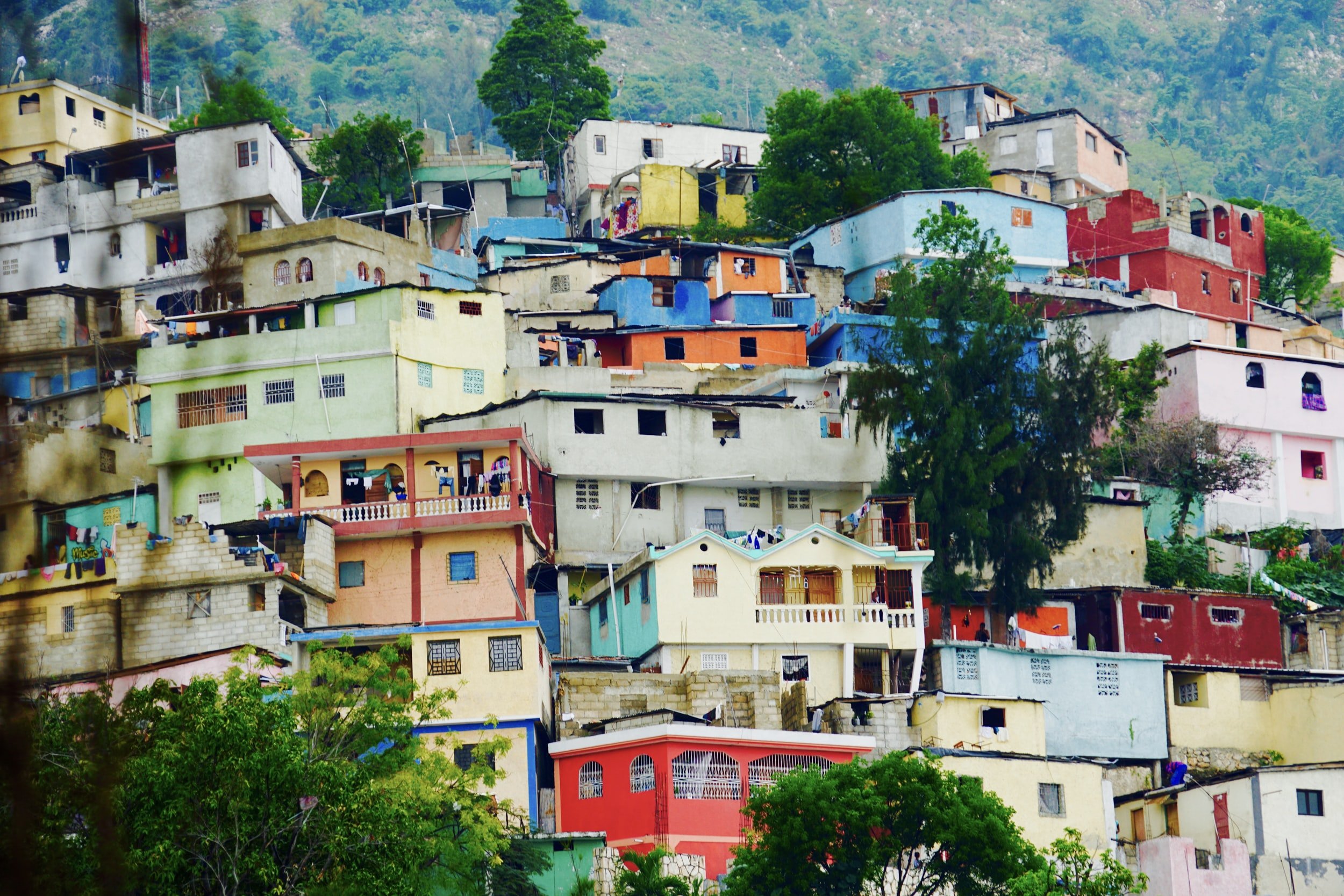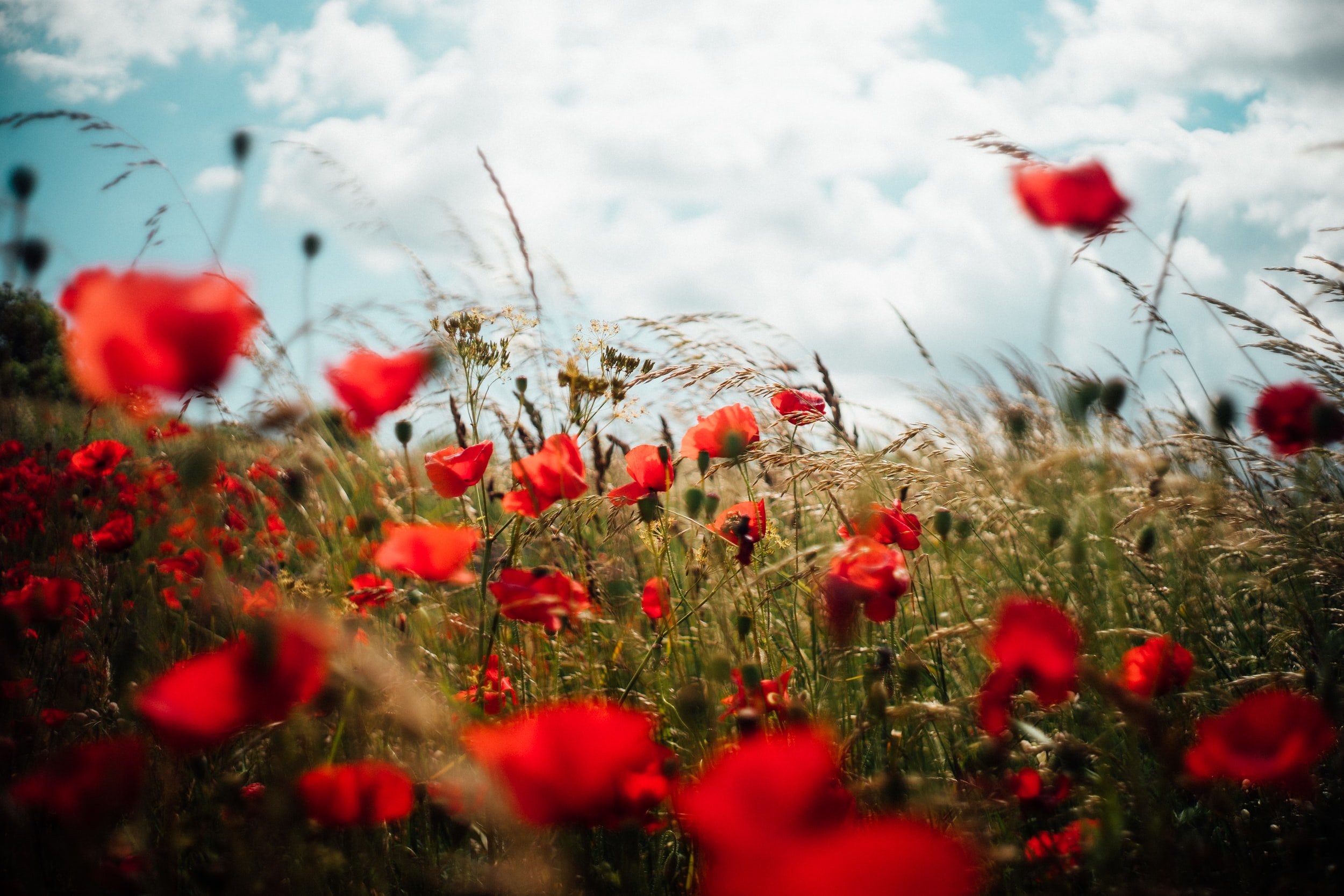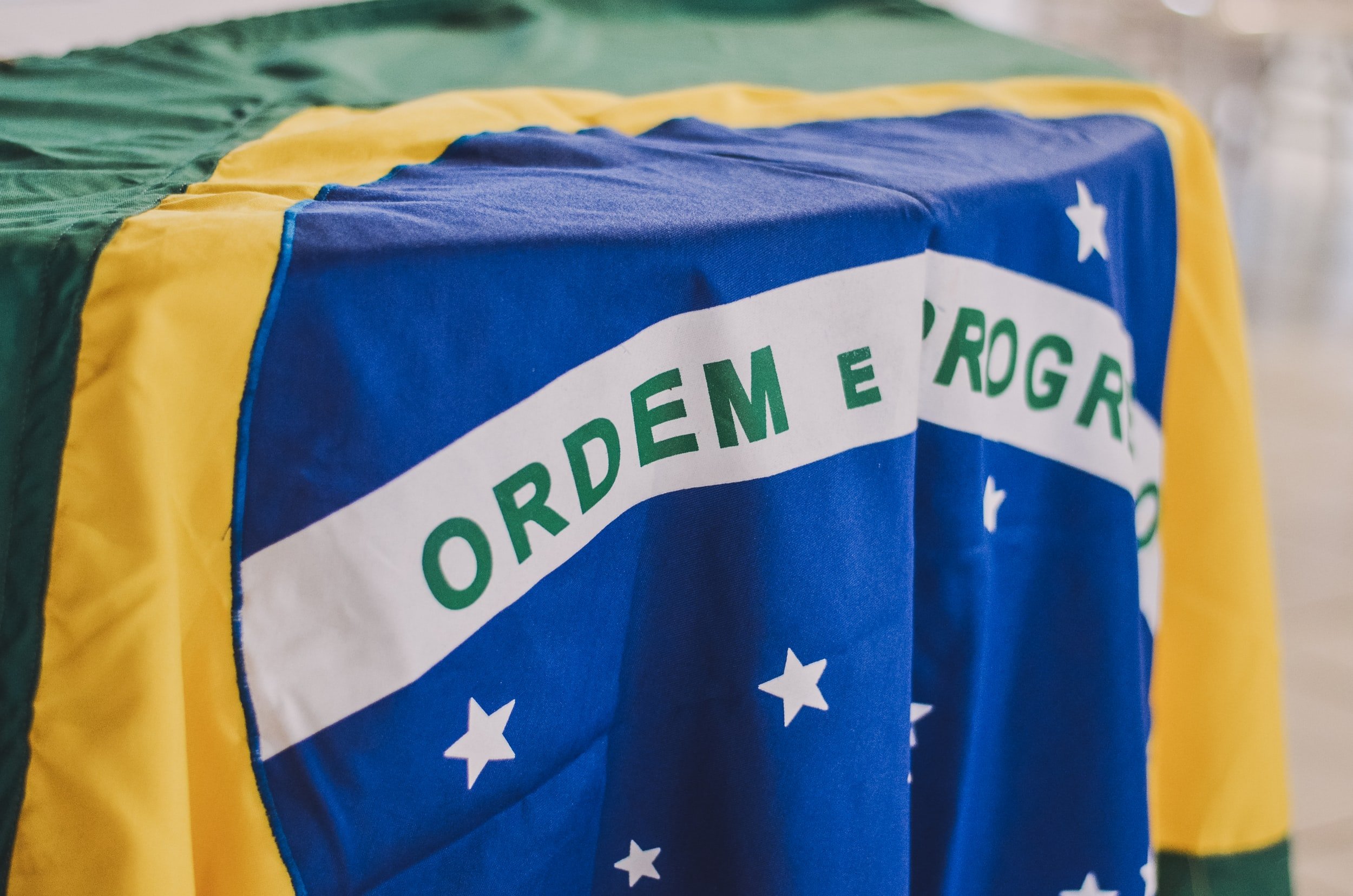
The Tide is Turning in Tehran
Last week in Iran, a young, twenty-two-year-old woman named Mahsa Amini died after being taken into custody for wearing attire that did not fit the repressive standards imposed by the morality police in Tehran. As protests flood the nation and Iranian women demand justice and equity, what can we do to support them? And, how can non-Muslim women be a better support system for Muslim women?

Honor Queen Elizabeth II by Supporting Nurses
With Queen Elizabeth II's passing this week, media coverage has focused on her 70 years of loyal public service and her family's complicated legacy around the world. Royalists and anti-monarchists may disagree politically, but they might both acknowledge that Queen Elizabeth II's devotion to nearly 600 charities deserves recognition. One of her earliest patronages, The Royal College of Nursing, merits discussion this week as global nursing shortages are once again in the news. Typically, this is discussed as a labor problem in high-income countries, but according to global data, this impacts low-wealth countries even more. How did this happen, and what can we do to support the field of nursing?

When the Rhine Runs Dry
The Rhine River's water levels in Germany dropped dramatically to a new and frightening low this month because of an ongoing drought in Europe. The Rhine is a major artery for trade, especially for grain and energy resources, like coal and gasoline. This real-time case study in weather-related challenges has revealed the economic impacts of climate change. What can we do to prevent this from happening again?

Gang Wars Ignite in Cité Soleil
Our last newsletter about Haiti, "The Long, Hot Summer in Haiti," was sent almost exactly one year ago. At the time, President Jovenel Moïse had just been assassinated by a team of mercenaries. Haiti was in economic free fall, and Moïse had publicly acknowledged the rise in violent crime, including organized gangs that receive support from ransoms extracted from child kidnappings. If his fierce opposition believed that a political assassination would somehow reduce violent crime, they underestimated the symptoms and conditions that have perpetuated the violence. Exactly one year after Moïse's assassination, Port-au-Prince is once again in the news for an extreme spike in chaos, anarchy, and violence. Two gangs have ripped apart the Cité Soleil district in the country's capital. Who is responsible, and how have Haitian children been impacted by the violence?

What Happened After Poland Banned Abortions?
In a 5-4 decision published late last month, the U.S. Supreme Court overturned Roe v. Wade, holding that pregnant people in the U.S. no longer have a constitutional right to an abortion. In the short time since this historic ruling, Americans have wondered how this may impact the U.S.'s surprisingly abysmal maternal healthcare system. On their website for the U.S., Every Mother Counts notes that "today, a woman is twice as likely to die from complications of pregnancy and birth than her mother was a generation ago." We do not have to look to past generations to see what may occur in the U.S. in the absence of Roe's protections. Instead, we can look at Poland today to see what has happened in the year since the country banned abortions in nearly all circumstances.

The War Against Nature in Brazil
Eight days ago, the remains of British journalist Dom Phillips and his Brazilian guide Bruno Pereira, an expert on Indigenous communities, were found in the remote Javari Valley in Brazil. They were last seen on June 5. Today, their remains were given to their respective families, and memorials will be hosted for both men this weekend. Why were they targeted and murdered? And, what can we do to protect journalists and environmental activists?
